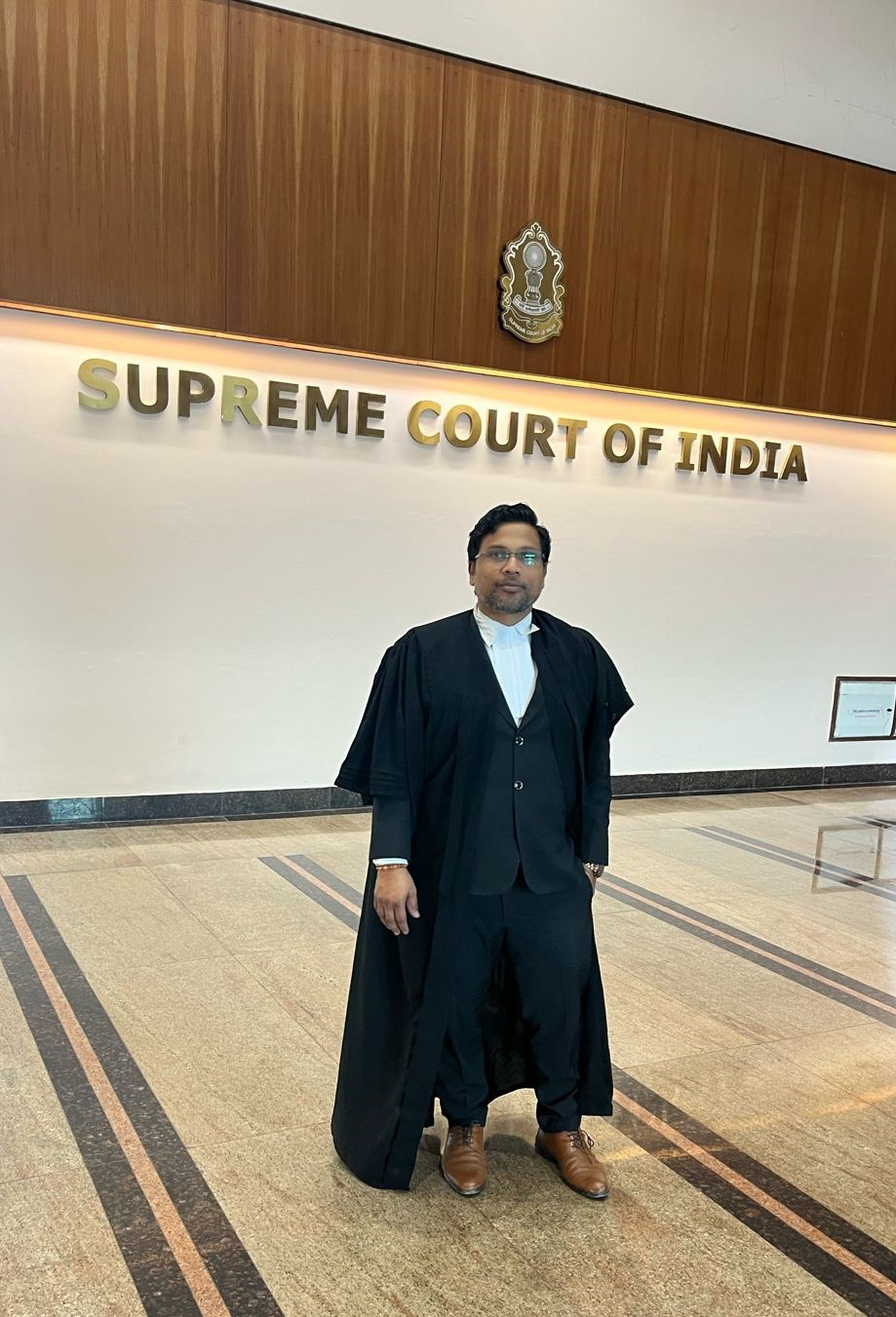A cheque bounce, also known as a dishonored cheque, occurs when a bank refuses to honor a cheque due to insufficient funds or other issues. Reasons for Cheque Bounce: Legal Implications: Procedure to Handle Cheque Bounce: Step 1: Notice Step 2: Complaint Filing Step 3: Court Proceedings Penalties: Prevention Measures: Cheque Bounce FAQ: Resources:
Cheque Bounce -Supreme Court Judgment
Supreme Court Judgment Closure of bank account shortly after cheque issuance raises serious Doubts about the accused’s conduct and intent. N.I. Act – S.138, 139 & S.118 (A) – Issuance of cheques, the respondent did not dispute that he had handed over the cheques and signed them. The Court noted that if the respondent claimed to have repaid the amounts owed, it was his responsibility to either retrieve the cheques or instruct the bank to stop payment. The fact that the respondent closed his bank accounts shortly after issuing the cheques raised concerns about his conduct and intent. The Court upheld the decision of the Trial Court, which had thoroughly examined all relevant issues and ruled in favor of the appellant. The Appellate Court and High Court had focused only on the interest amounts and certain repayments reflected in the statement of accounts, which the Court found to be an erroneous approach. Consequently, the Court allowed the appeal and upheld the conviction of the respondent.
Cheque Bounce Cases Lawyer in Delhi
Cheque Bounce Reasons Cheque Bounce Procedure Cheque Bounce Laws and Regulations Cheque Bounce Case Studies Cheque Bounce Prevention


